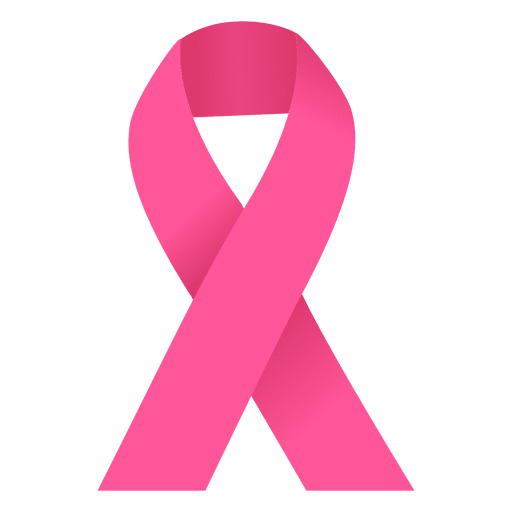Lung Cancer: Understanding the Disease
Lung cancer is a type of cancer that begins in the lungs. It is the leading cause of cancer death for both men and women worldwide. Each year, more than 220,000 people are diagnosed with lung cancer, and over 150,000 people die from the disease.
Risk Factors
The most common risk factor for lung cancer is smoking. Other risk factors include:
- Exposure to second-hand smoke
- Asbestos exposure
- Radon exposure
- Family history of lung cancer
- Certain genetic mutations
- Certain occupational exposures, such as exposure to arsenic, chromium, nickel, and vinyl chloride
Symptoms
The early symptoms of lung cancer are often vague and may not be noticeable. As the cancer grows, it can cause more noticeable symptoms, such as:
- A persistent cough
- Chest pain
- Shortness of breath
- Wheezing
- Unexplained weight loss
- Fatigue
- Coughing up blood
Diagnostic Tests
If you have any symptoms of lung cancer, it is important to see a doctor right away. The doctor will perform a physical exam and ask about your medical history. They may also order one or more of the following tests:
- Chest X-ray
- CT scan
- MRI scan
- PET scan
- Bronchoscopy
- Biopsy
Treatment Options
The treatment for lung cancer depends on the stage of the cancer and the patient's overall health. Treatment options may include:
- Surgery
- Radiation therapy
- Chemotherapy
- Immunotherapy
- Targeted therapy
Side Effects
The side effects of lung cancer treatment can vary depending on the type of treatment received. Common side effects may include:
- Fatigue
- Hair loss
- Nausea and vomiting
- Diarrhea
- Mouth sores
- Pain
- Incontinence
- Sexual dysfunction
Follow-Up and Outcomes
After treatment, it is important to have regular follow-up appointments with your doctor. These appointments will help monitor your health and detect any recurrence of the cancer early. The survival rate for lung cancer depends on the stage of the cancer at the time of diagnosis. For early-stage lung cancer, the survival rate is about 50%. For late-stage lung cancer, the survival rate is about 10%.
Prevention
The best way to prevent lung cancer is to avoid smoking. If you smoke, quitting is the best thing you can do to reduce your risk of developing lung cancer. You can also reduce your risk by:
- Avoiding second-hand smoke
- Reducing your exposure to asbestos and radon
- Eating a healthy diet and exercising regularly
If you are concerned about lung cancer, please schedule an appointment with your doctor. Early detection and treatment are the best ways to improve your chances of a successful outcome.
If you have any questions or would like personalized medical advice regarding lung cancer, please feel free to contact Dr Madhuri at Apollo Cancer Institute, Jubilee Hills. We are here to support you throughout your cancer journey.
Note: This article serves as an educational resource and should not replace professional medical advice. Consult with a qualified healthcare provider for personalized information and recommendations regarding lung cancer.
